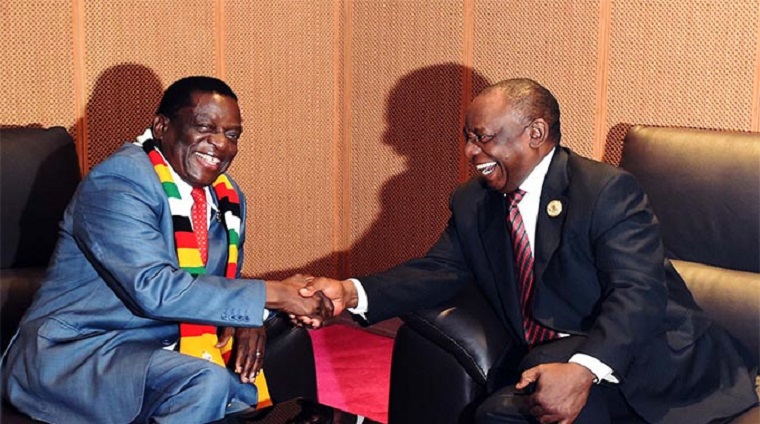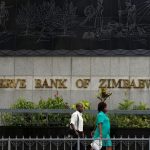To ensure that ZANU-PF continues to be in power, the official said, it was necessary to change the country’s constitution and abandon harmonised elections.
“We were sold a dud when we were persuaded to adopt harmonised elections,” the official said. “We were told that this was a cost saving measure because we could hold local government,parliamentary and presidential elections at one go. Indeed it is, but this robbed us of an opportunity to strategise. And we lost the first such harmonised elections.”
The official said the previous arrangement where local government, parliamentary and presidential elections were held separately, sometimes a year or two apart, allowed the party to strategise.
“If the party did not do well in local government elections, we would look at areas of weakness and work on these before the parliamentary elections. Parliamentary elections allowed us to strategise for presidential elections. This allowed us to remain in power and even to increase its vote. The moment we changed this, we lost,” the official said.
Before the harmonised elections parliamentary elections were held every five years while presidential elections were held after six years.
The official said harmonised elections where parliamentary and presidential elections were held at the same time with the president entitled to only two terms had rendered the second term of the President useless.
“The President is literally useless after only the first year of his second term because to protect their positions legislators and aspiring legislators shift their loyalty to his successor. This means the President is literally paralysed for the next four years and cannot therefore carry out any meaningful development projects,” the official said.
“We would like to amend the constitution so that the Parliamentary term remains at five years but the presidential term is increased to seven years. This means that legislators will remain loyal to the President because they know they will leave before him. This will ensure that the President is able to implement development projects with the support of these legislators because they too will be expecting him to endorse them for their next term.”
The official said stretching the presidential term to seven years while extending Mnangagwa’s term to 2030 was purely coincidental. The aim was not to extend Mnangagwa’s term in office but to preserve the party and give the President more power over his lieutenants.
(765 VIEWS)


